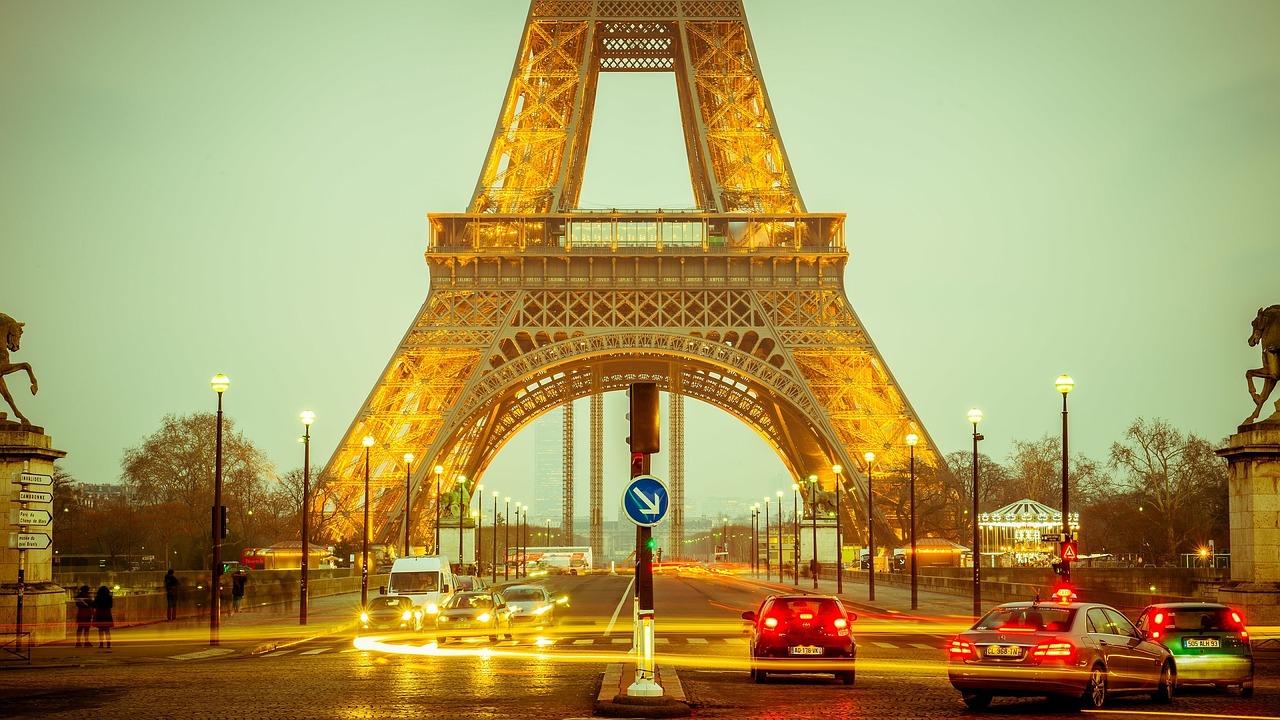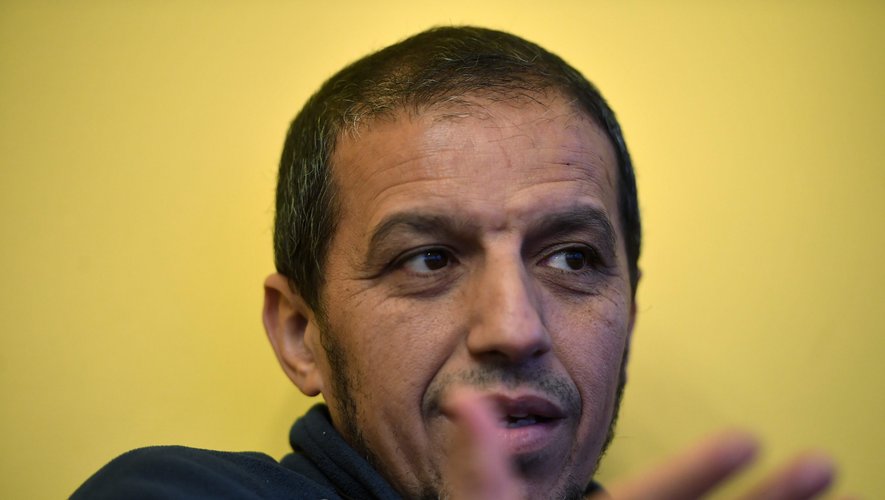The Paris area reeled Friday night from a shooting rampage, explosions and mass hostage-taking that President Francois Hollande an unprecedented terrorist attack on France. His government announced sharply increased border controls and heightened police powers as it mobilized the military in a national emergency.
French television and news services quoted the police as saying that around 100 people had been killed at a concert site where hostages had been held during a two-hour standoff with the police, and that perhaps dozens of others had been killed in apparently coordinated attacks outside the country’s main sports stadium and four other popular locations in the city. But estimates on the total number of dead varied.
Witnesses on French television said the scene at the concert hall, which can seat as many as 1,500 people, was a massacre, describing how gunmen with automatic weapons shot bursts of bullets into the crowd.
Ambulances were seen racing back and forth in the area into the early hours of Saturday, and hundreds of survivors were evacuated in police buses. French television said Paris hospitals were overwhelmed with wounded.
François Molins, the public prosecutor for Paris, told reporters that at least five attackers had been killed. News services quoted Michel Cadot, head of the Paris police, as saying early Saturday that all the assailants involved in shootings or bombings were believed to be dead.
But the total number involved in the attacks, including accomplices still at large, remained unclear. “We are going to try and determine what happened, determine what the profiles of these terrorists are, find out what their course of action was, find out if there are still accomplices or co-attackers,” Mr. Molins said. The casualties eclipsed by far the deaths and mayhem in Paris during the massacre at the satirical newspaper Charlie Hebdo and related assaults around the French capital by Islamic militant extremists less than a year ago.
Those attacks traumatized France and other countries in Europe, elevating fears of religious extremism and violent jihadists who have been radicalized by the conflicts in Syria and elsewhere in the Middle East and North Africa.
An explosion near the sports stadium, the Stade de France, which French news services said was apparently a suicide bombing, occurred as the German and French national teams were playing a soccer match, forcing a hasty evacuation of Mr. Hollande. As the scope of the assaults quickly became clear, he convened an emergency cabinet meeting and announced that France was placing severe restrictions on its border crossings. “As I speak, terrorist attacks of an unprecedented scale are taking place in the Paris region,” he said in a nationally televised address. “There are several dozen dead, lots more wounded. It’s horrific.”
Mr. Hollande said that on his orders the government had “mobilized all the forces we can muster to neutralize the threats and secure all of the areas.”
President Obama came to the White House briefing room to express solidarity and offer aid and condolences. “Once again, we’ve seen an outrageous attempt to terrorize innocent civilians,” he said. “This is an attack not just on Paris, it’s an attack not just on the people of France, but this is an attack on all of humanity and the universal values that we share.” Other world leaders quickly condemned the assaults.
There was no immediate claim of responsibility, but Twitter erupted with celebratory messages by members and sympathizers of the Islamic State, the extremist group based in Syria and Iraq that is under assault by major powers, including the United States, France and Russia.
The main shooting broke out at a popular music hall, the Bataclan, where the American band Eagles of Death Metal was among those playing. French news services said as many as 100 hostages may have been taken there, many of tAnother witness who escaped the concert hall told BFM: “When they started shooting we just saw flashes. People got down on the ground right away.”
The police ordered bystanders in that area of the city to get off the streets as officers mobilized. Government officials urged people elsewhere to stay indoors. Other French news media reported that Kalashnikov rifles had been involved in the shootings — a favored weapon of militants who have attacked targets in France — and that many rounds had been fired.hem apparently killed later. Some accounts said that grenades had been lobbed inside the music hall and that some of the assailants had detonated suicide vests.
A witness told BFM television that he heard rounds of automatic rifle fire and someone shouting “Allahu akbar!” at the Bataclan.
Police sirens sounded throughout central Paris on Friday night.
Despite the increased border security, air travel in and out of Paris appeared to be unaffected. Officials at Charles de Gaulle Airport confirmed that flights had not been suspended, although security had been heightened significantly. Both departing and arriving passengers and baggage were being screened thoroughly.
Germany’s interior minister, Thomas de Maizière, said early Saturday that he had offered to send military assistance to France if requested. “I am in close contact with my French colleague and have offered assistance through German special forces,” he said in a statement. Loretta E. Lynch, the United States attorney general, also offered help. “We stand in solidarity with France, as it has stood with us so often in the past,” she said in a statement. “This is a devastating attack on our shared values, and we at the Department of Justice will do everything within our power to assist and work in partnership with our French law enforcement colleagues.”
While the police in major American cities, including New York and Washington, said they were following the events in France, there was no indication of possible attacks planned in the United States.
“We will not hesitate to adjust our security posture, as appropriate, to protect the American people,” the F.B.I. and Department of Homeland Security said in a statement. American and European counterterrorism officials were reviewing wiretaps and other electronic surveillance records, but a senior American security official said there was no immediate indication that there had been suspicious chatter or other warning signs before the attack.
Unlike the attacks against Charlie Hebdo and a kosher supermarket in January, terrorism experts said, the attacks on the targets on Friday had no apparent rationale. Instead, assailants appeared to strike at random in hip neighborhoods on a Friday night when many people would be starting to enjoy the weekend.
“It’s a Friday night, and there’s a lot of people out, a lot of tourists out,” said a senior European counterterrorism official. “If you want maximum exposure, you do it like this, in the dark, when it’s scarier and more difficult for police to act.”






